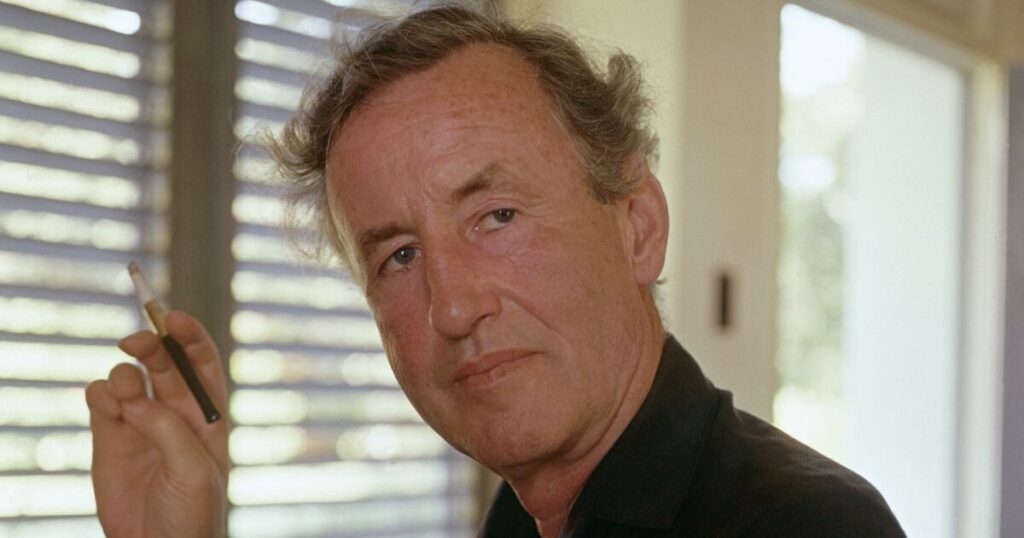
When The Spy Who Loved Me hit cinemas in 1977, it became one of the most iconic entries in the James Bond franchise. With Roger Moore in his third outing as 007, a colossal budget, exotic locations and the towering presence of metal-toothed villain Jaws, the film was a roaring commercial success.
It helped solidify Moore’s Bond as a suave, tongue-in-cheek action hero, and introduced Soviet agent Anya Amasova (Barbara Bach) as one of the series’ most memorable allies.
But behind the scenes, the story of The Spy Who Loved Me is marked by unusual secrecy – not over classified missions or Cold War intrigue, but due to the fierce disapproval of the character’s own creator.
Ian Fleming, author of the original Bond novels, hated the 1962 book so thoroughly that he took unprecedented steps to distance it from the cinematic adaptations that followed.
The Spy Who Loved Me was Fleming’s tenth Bond novel, published at a time when the author had become increasingly uncomfortable with the public’s perception of his famous secret agent. Bond had morphed into a household name – particularly among younger readers – but Fleming had always envisioned his books for adults.
Worried that Bond was being idolised rather than understood as a morally ambiguous figure, he set out to write something very different.
That “something” was a bold experiment: a novel told entirely from the perspective of a young Canadian woman named Vivienne Michel. Fleming chose to frame the story as her personal narrative – a diary-like confession – recounting her troubled romantic past and a violent encounter with two gangsters at a remote motel.
Bond doesn’t appear until the final third of the novel, where he arrives to save her, but only after pages of backstory unrelated to espionage, gadgets, or global threats.
The result was met with dismay. Critics panned the book, and readers were baffled by Bond’s minimal presence. Many questioned the realism of the female voice Fleming had attempted to write, and the dark tone – including unsettling depictions of sexual violence – alienated much of his audience.
The backlash was so severe that Fleming later apologised in writing to his editor for publishing the novel at all. But he didn’t stop there.
When it came time to negotiate the film rights, Fleming made an unusual stipulation: producers could buy the title but not the story. As a result, the 1977 movie borrows only the name The Spy Who Loved Me. None of Vivienne Michel’s character or narrative – nor the book’s plot or tone – appears in the film.
Instead, screenwriters created an entirely original storyline, centred on the megalomaniac Karl Stromberg’s plan to trigger nuclear war and build an underwater civilisation. The film is more in keeping with the outlandish spectacle of the Bond series, with globe-trotting stunts, submarine cars, and Cold War-era intrigue.
Due to Fleming’s restrictions, this also marked a shift in how his name was credited. For the first time, the credit on screen read “Ian Fleming’s James Bond 007” rather than placing the author’s name above the film’s title.
This credit style remained in place for all subsequent Bond films from For Your Eyes Only (1981) onwards – even after the series returned to adapting Fleming’s original works, such as Casino Royale in 2006.
 Latest World Breaking News Online News Portal
Latest World Breaking News Online News Portal






